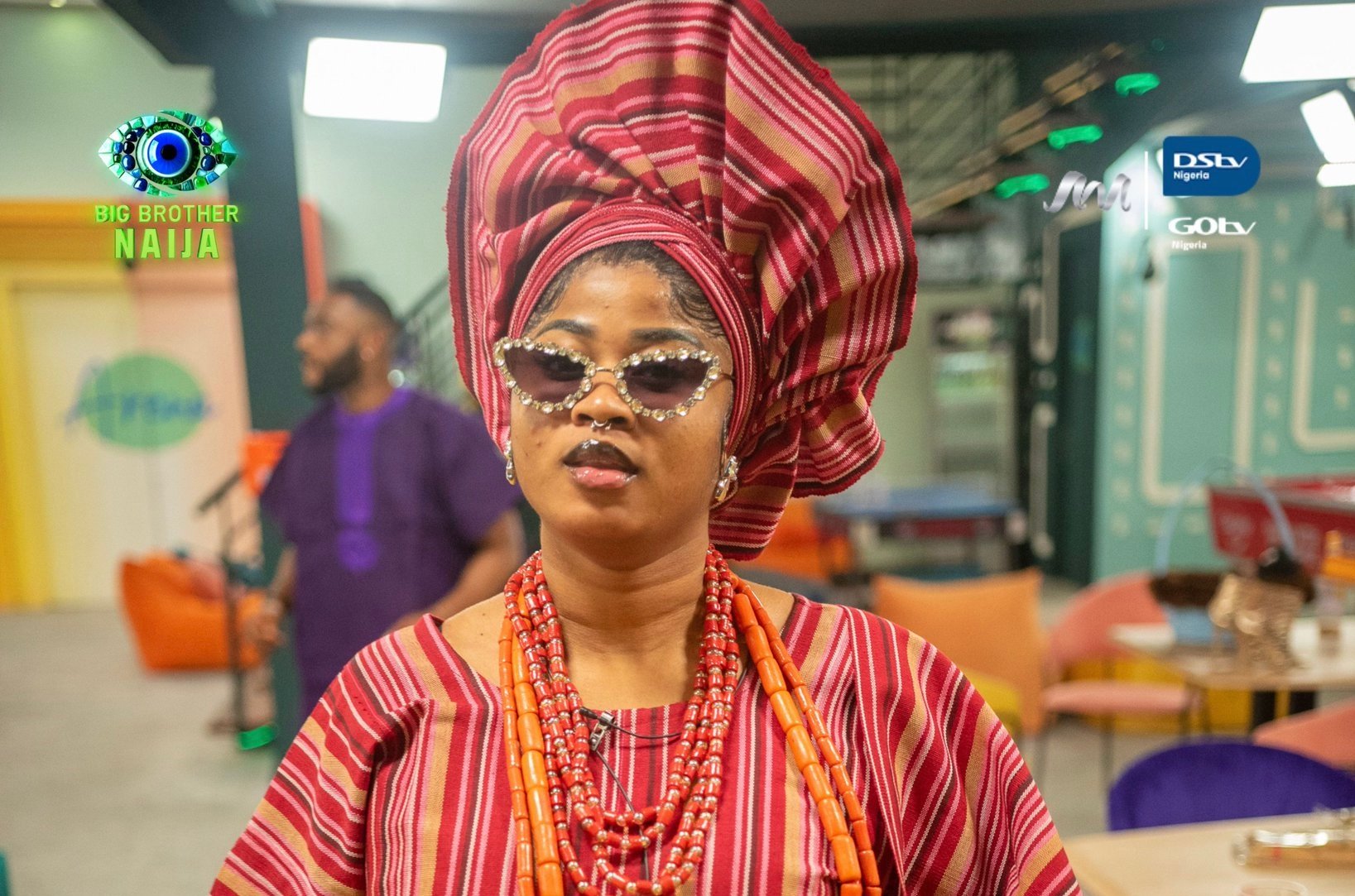Imisioluwa Opeyemi Ayanwale, popularly known as Imisi, didn’t just win Big Brother Naija Season 10, she captured hearts with her unique mix of humour, authenticity, and resilience.
Fans followed her journey closely, noting several defining traits that made her one of the most memorable housemates of the season.
Here’s what 23-year-old Imisi was known for inside the house:
Playful and Humorous Personality
Imisi’s comic timing, witty remarks, and playful banter often stole the show, especially during tense moments.
Her ability to make housemates, and viewers, laugh was unmatched.
Authentic “Local Girl” Vibe
She stayed true to herself, bringing a down-to-earth energy that resonated with fans.
Unlike some housemates who played the game strategically, Imisi’s authenticity became her superpower.
Emotional and Expressive
Imisi openly shared personal struggles, including the heartbreak of sexual abuse in her past, creating a deeper emotional connection with viewers.
Strong Friendships
Her close bond with Kola, whom she affectionately calls her brother, was one of the highlights of her journey. Their friendship provided both humour and support throughout the season.
Cultural Pride
Imisi who hail from Oyo State often spoke Yoruba language in the house, breaking Big Brother’s English-only rule in a way fans found endearing and relatable.
Fashion and Style Statements
Imisi’s fashion sense often stressed fans, from her wigs to, scary makeover, her outfits, but they loved her unapologetic, unconventional style.
She brought a unique “unconventional housemate” energy, sparking conversations about authenticity versus aesthetics.
Task Presentations and Competence
Imisi consistently impressed during task presentations, showing poise, clarity, and creativity.
This was a stark contrast to her casual, sometimes cheeky way of speaking in the house, highlighting her versatility and intelligence.
Resilience and Maturity
She held her ground during conflicts with Faith, Kaybobo, Rooboy, and Thelma, showing both patience and emotional intelligence in tricky situations.
Aspiring Actress and Entrepreneur
Beyond the house, Imisi hinted at her ambitions in Nollywood and fashion, showing that she had bigger plans than just the reality show spotlight.
She also demonstrated impressive acting skills during wager tasks, raw and authentic.
Love for Spicy Food
Her penchant for spicy food became a fun talking point among fans, adding a quirky charm to her personality.
Most times, she avoid eating the house food due to insufficient pepper in their meals.
Celibacy
Throughout the season, Imisi maintained her personal boundaries, never engaging in sexual relationships, which earned her respect from viewers and housemates alike.
From her humour and relatability to her poise during challenges and her unconventional fashion flair, Imisi’s journey in Big Brother Naija S10 was a blend of fun, resilience, and authenticity.
No wonder she emerged as the season’s winner, solidifying her place as one of the most memorable champions in the show’s history.
punch.ng
FOLLOW US ON:
FACEBOOK
TWITTER
PINTEREST
TIKTOK
YOUTUBE
LINKEDIN
TUMBLR
INSTAGRAM































